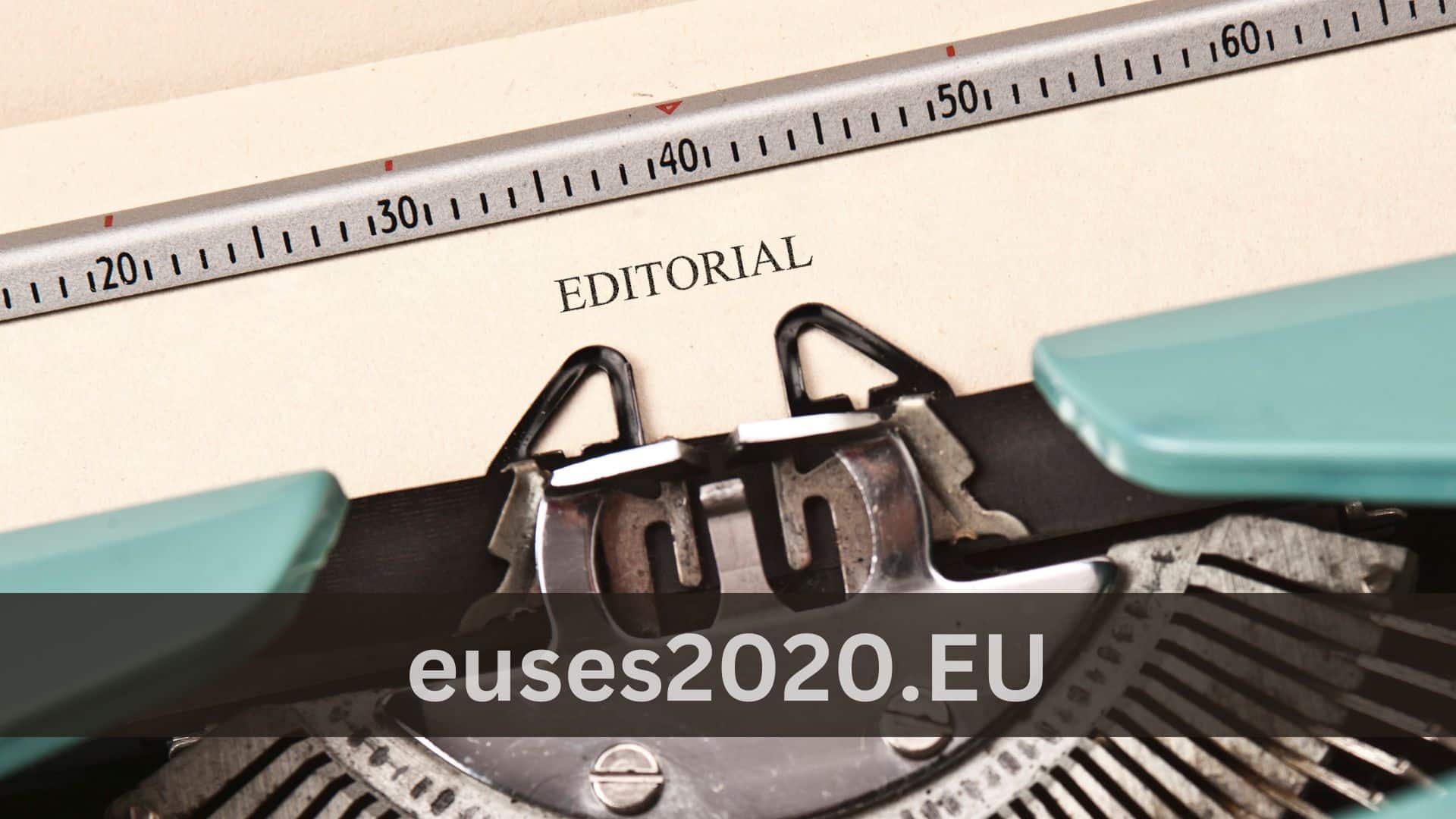We have established editorial guidelines for euses2020.eu to support our working methods and for quality control. We are aware of the relevance of such sensitive content, which is why editorial and content errors must be avoided. Our guidelines stipulate that all articles are written exclusively by experienced journalists, with the support of medical advisors. With a defined process and expertise in various specialist areas, the aim is to deliver medically correct content. The latest results from research and current scientific findings must be taken into account.
Objective
Our articles are intended to inform readers, educate them about sensitive issues and advise them with scientifically sound facts. The focus is on health issues. In order to reach as many people as possible, including laypeople, our editors are required to use easy-to-understand language and to present even difficult issues in an appropriate way.
Our responsibility
At the same time, responsibility with regard to human well-being plays an important role in medical editorial content. For this reason, the accuracy of all content is given high priority. Our editors are required to adhere to the guidelines in their work and thus also to protect the integrity of euses2020.eu. Although there is close cooperation with health experts and medical specialists, the content is only intended to be of an advisory nature. They do not replace health care or medical advice. We therefore recommend that all readers seek professional medical support in the event of serious complaints or problems.
Independence
All articles are unbiased, independent and ethically and politically correct. Free expressions of opinion are labeled accordingly; scientific facts must be substantiated and based on proven findings. All contributors are encouraged to highlight different points of view and present different opinions. In doing so, we rely on cooperation with experts in the medical field, regardless of social or academic affiliation.
Integrity
Editorial integrity is particularly important to us. Our editors are not permitted to accept any gifts or benefits (including financial benefits) in return for mandatory reporting. We carry out our own quality control and do not require approval or verification of the content by third parties. Readers will be informed accordingly if a conflict of interest or other relationship arises. In this sense, advertisements are made clear. Articles with advertising sections are not given preference over purely scientific reports. You can read more about this in the General Terms and Conditions.
Uniqueness
All editors must create authentic and unique content for the website. Therefore, all sources and quotations must be marked accordingly. Quotes from technical experts in particular must not be taken out of the correct context and must be reproduced completely undistorted for the relevant topic. Our team is responsible for adhering to the editorial code and not duplicating other reports, research or content. Quality control also sheds light on this area.
Information procurement
The information obtained must come from reputable and reliable sources, which must be labeled accordingly. Our editors often rely on scientific studies, renowned universities and other educational institutions. Trade journals and reports from independent institutes or non-profit organizations also play a role. If there are any restrictions or inadequacies, readers must be informed accordingly. As already mentioned, integrity and accuracy are paramount when gathering information. Therefore, no advisors may be consulted who have a conflict of interest with the planned article.
In view of the high quality of our content, we distance ourselves from false statements, distortions of facts, deceptions, vague half-truths, certain prejudices, hate comments or other negligence. Exaggeration and sensational journalism must also be avoided.
Actuality
Our team endeavors to keep the articles up to date. Content that has already been published is therefore regularly checked and updated. The diversity of the readership must also be taken into account. Our editors are encouraged to overcome their own prejudices and always write professionally and impartially.
If an error is detected, it must be corrected immediately. The correction must be made clear to the reader and remain comprehensible. In addition to up-to-date and correct content, it is also important for us to use sensitive language. Only in this way can people be supported with their concerns and sensitively informed about health problems.

